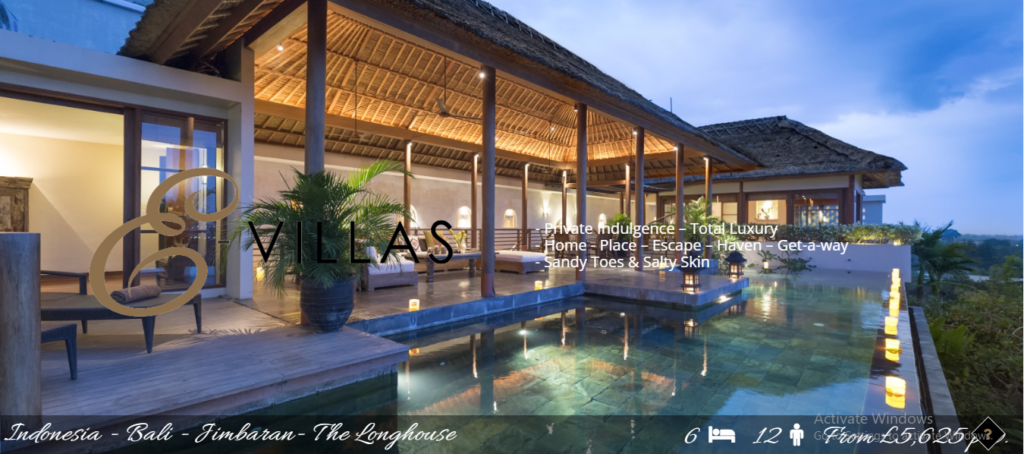
Costa Navarino, the sustainably driven destination in the Mediterranean, located in the Greek region of Messinia, southwest Peloponnese, has reduced emissions by 80% for 2022 (compared to 2019), in line with the destination’s continuous commitment to sustainable tourism development.
The reduction comes from initiatives such as electricity supply from renewable sources, the reduction of LPG use, as well as the reduction of energy consumption / per stay. The practices fall within the framework of an overall decarbonization strategy at Costa Navarino, aiming to achieve net-zero operations for the destination’s facilities by 2050.
Commitment to decarbonization
The strategy includes short and long-term goals and actions, to reduce CO2 emissions. This covers direct emissions related to the use of fuels in energy production, and indirect emissions that include electricity use, as well as all emissions related to the destination’s supply chain. The short-term goals are set to be implemented by 2034, and already by 2030 TEMES -the developers of Costa Navarino- aims to supply electricity (100%) from renewable sources. Long-term targets include reaching net-zero operations for all facilities by 2050.
The continued investment to sustainable practices has established Costa Navarino among the top sustainable destinations worldwide having received a series of accolades from the World Travel & Tourism Council (WTTC), the World Travel Market (WTM), etc.
Costa Navarino joins XPRIZE Wildfire
Costa Navarino participates in the four-year XPRIZE Wildfire competition, the global effort which aims to attract scientists and innovators from all around the world, in providing viable solutions to end destructive wildfires. To date, more than 200 teams have expressed an interest in competing. Anyone, anywhere may compete. Interested parties can find information and register at xprize.org/wildfire.
The XPRIZE Wildfire competition is designed to develop technology that can detect and suppress a high-risk wildfire in 10 minutes or less. The competition aims to inspire and support research and innovation across a wide range of firefighting technologies. These will use AI, robotics, drones, and sensors to offer the opportunity to detect, manage and immediately deal with wildfires, changing the way they are managed up to today.
The competition is split into two tracks and will award a total of $11 million to competing teams from all over the world. The first track is the “Space-Based Wildfire Detection & Intelligence” (registrations are open until October 31, 2023) and the second track is the “Autonomous Wildfire Response” (registrations are open until January 31, 2024). Additionally, those teams registered for the “Autonomous Wildfire Response” track may also compete for the $1M Lockheed Martin Accurate Detection Intelligence Bonus Prize, which will be awarded for innovations in the accurate and precise detection of wildfires.
Further initiatives
Even before the destination was launched, TEMES, the University of Stockholm and the Academy of Athens, had joined forces back in 2009, to establish the Navarino Environmental Observatory (NEO) which is located in Costa Navarino. NEO has since become a dynamic hub for modern research, actively contributing to the international scientific community’s efforts to fight climate change.
Costa Navarino implements various large-scale initiatives relating to the optimal management of natural resources across the destination, the reduction of single-use plastics and the protection and of the Messinian natural environment. Following a series of studies for the region’s water resources, three reservoirs were specifically designed and constructed to meet the irrigation needs of Costa Navarino without the use of underground water, and fully integrated into the natural landscape. Furthermore, Costa Navarino has partnered with WWF Greece, with the aim to reduce the use of single-use plastics. During 2022 the destination achieved a 38% reduction compared to 2019, and also a reduction in the use of plastic bottles by 53%, aiming to finally eliminate the use. This was a natural step, in line with Costa Navarino’s participation at the Global Tourism Plastics Initiative, led by UNEP and UNWTO in collaboration with the Ellen MacArthur Foundation. Furthermore, the largest olive tree-transplanting programme in Europe is taking place at Costa Navarino, with over 7,000 trees transplanted to date.



 share
share









































